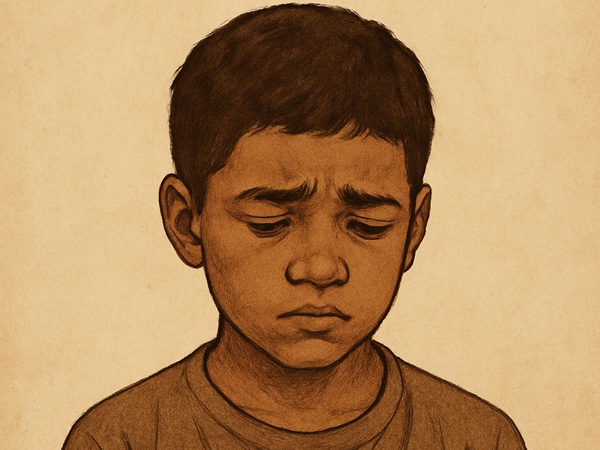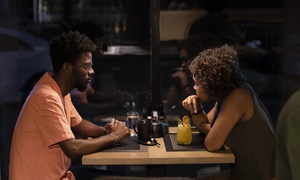<p>From the moment a boy enters the world, a narrative begins to shape him; one that demands strength without weakness, composure without tears, and success without struggle. He is told to “man up,” to suppress emotion, and to carry expectations he did not ask for. Behind every young man walking through this generation is often a boy who was never allowed to cry, never allowed to fail, and never taught how to feel.</p><p>The modern world is filled with loud calls for justice, inclusion, and expression, yet the quiet struggle of the male child often goes unnoticed. In cultures across the globe, particularly in Africa and other developing societies, boys are raised with a performance-based identity. Their worth is tied to how much they can provide, how strong they appear, and how little they need help. Failure is not an option, and vulnerability is seen as weakness. As a result, many young men grow up emotionally stunted; fluent in anger, but not in grief or fear. They carry deep anxiety, loneliness, and trauma, but lack the tools or the safe space to express them.</p><p>Absent father figures or emotionally distant male mentors further complicate their growth. Without examples of healthy masculinity, boys model what they see in media, peers, or broken relationships. They often seek validation through toxic behaviors or unhealthy attachments, not out of rebellion, but out of a desire to be seen, to be affirmed, and to feel enough. Sadly, their cries are muted by societal norms that shame emotion in men, leaving them to suffer in silence.</p><p>Many of the male child’s struggles are invisible; buried beneath jokes, sarcasm, and a practiced smile. Yet the statistics speak: increasing mental health issues, rising suicide rates among young males, and deep-seated emotional pain masked by outward strength. These are not just isolated crises. They are the symptoms of a generation of boys being groomed to be invulnerable, at the cost of their humanity.</p><p>This generation needs a shift; a new narrative where being a man includes tenderness, where boys are taught to name their emotions, and where seeking help is not shameful but brave. We need to raise young men who are not afraid to feel, to ask questions, to cry, and to heal. The male child deserves more than strength; he deserves compassion, guidance, and the freedom to be fully human.</p><p>In the end, the greatest gift we can offer him is not a shield to toughen his skin, but a space to soften his heart. Only then can the boy within truly grow into a man worth becoming.</p><p><br></p><p>#CalamausDei</p>






Comments